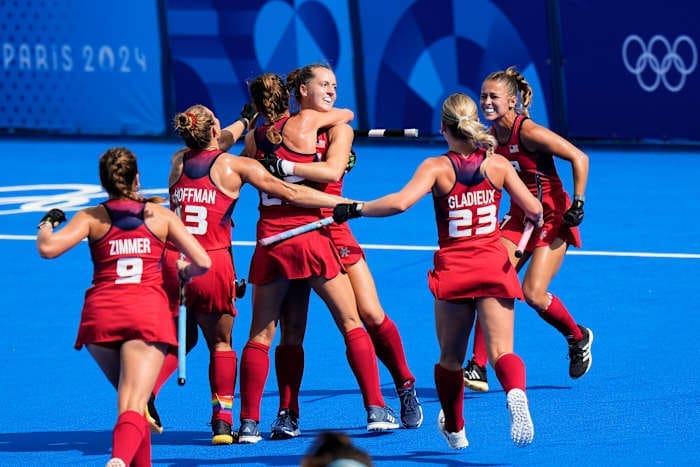As 2025 approaches, college sports stand on the brink of a significant transformation. The era of the amateur athlete, once a cherished aspect of collegiate sports, is drawing to a close. This shift has been fueled by financial dynamics and pivotal legal decisions, notably the Supreme Court’s 2021 ruling on athlete compensation.
In the past, college athletes were seen as amateurs playing for their institution’s pride, scholarships, and minimal benefits. Over the years, however, the influx of monetary resources, particularly through football and basketball, has eroded this traditional model. These changes have accelerated, driven by both legitimate avenues and less transparent ones.
The landmark moment is anticipated on April 7, 2025, when a $2.8 billion lawsuit settlement will allow players to receive payment directly from their schools, marking a fundamental shift in college sports dynamics. David Schnase, the NCAA’s vice president for academic and membership affairs, highlighted the complexity of maintaining the essence of college sports amid these changes, stating, “You can use the word ‘pro,’ you can use the word ‘amateur,’ you can attach whatever moniker you want to it, but those are just labels.”
The new financial model revolves around players earning from their Name, Image, and Likeness (NIL) through promotions on platforms such as social media and television. While a few athletes, like top quarterback Bryce Underwood, have secured lucrative deals, the majority participate without significant financial gain. Cases like that of Matthew Slukas, who left UNLV after unmet payment promises, underscore the ongoing challenges.
The proposed changes also include an overhaul where payments will come directly from schools, termed “revenue sharing,” instead of the current third-party collectives. Jeff Kessler, a plaintiffs’ attorney, asserts that this will bring more transparency, although disparities remain, especially between different sports and gender earnings. The NCAA’s data reveals a stark contrast, with average earnings for male athletes significantly surpassing those of female athletes, raising concerns about Title IX compliance.
Smaller athletic programs, particularly in non-revenue sports like swimming and wrestling, might face financial strains as universities allocate resources towards high-revenue sports like football and basketball. This could potentially jeopardize the funding and survival of these sports and by extension, impact the U.S. Olympic team, which relies on these athletes.
The fans’ perspective on these changes offers a mixed outlook. Although some support this move towards greater transparency and fairness for the athletes, others worry about the increasing commercialization of college sports. Nels Popp, a sports business professor, suggests that fans focus more on team identity rather than player compensation, indicating a complex relationship between supporters and the evolving sports landscape.
A parallel is drawn with the Olympic Games’ shift away from amateurism in the 1980s. The college sports industry seems poised for a similar evolution, inching towards a professional model with athletes hoping for greater equity in compensation. However, the NCAA remains wary of treating athletes as employees, fearing the financial implications.
This transformation signals the beginning of a new era where athletes may not be bound by traditional academic commitments, potentially altering the foundational structure of college sports. As discussions continue, the changes embraced by college sports today might only represent the first chapter in a broader narrative.
The transition away from amateurism in college sports marks a pivotal moment in the landscape of American athletic programs. While challenges lie ahead, particularly with financial disparities and the commercialization of college athletics, this shift represents an opportunity to redefine the relationship between student-athletes and educational institutions. As these developments unfold, stakeholders must navigate this new terrain with a focus on fairness and sustainability.
Source: News4jax








